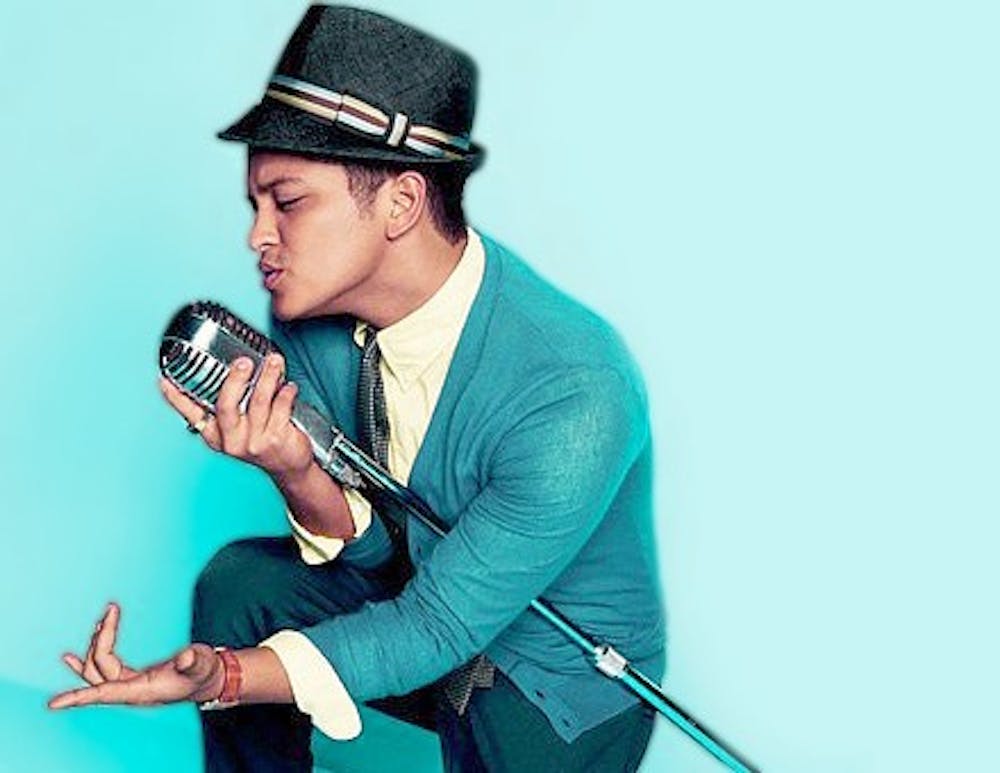Everyone seems to love "Rockstar," the hit single by Post Malone featuring 21 Savage. I’ve heard this song pumped out of speakers while frantically pacing down Locust Walk, blared out of car speakers while trying to cross Walnut to FroGro, and, of course, at frat parties. I’ve listened to "Rockstar" alone, with friends, on break, and at school. I’m sure many of you have overindulged in this catchy, melodic trap ballad. Maybe you’ve personally played it 20 to 30 times since its mid–September release. It’s even possible that you absolutely love the song, but have only given it ten or so listens. But have any of you listened to Rockstar 150 times?
You have probably not even come close to the 150 streams that Billboard—the magazine known for their music charts and rankings—considers equivalent to one physical purchase of a record. 150 streams apparently is equal to a single click of the $1.29 button next to the song on iTunes.
Your first reaction to hearing this is probably visceral outrage, the type that makes you want to call your congressman and demand justice and change. No? Okay, that’s fair. In reality, it may seem unimportant that a relatively outdated system of ranking music by popularity is no longer as accurate as it used to be, but I would disagree. On the contrary, I think that the Billboard charts have the potential to give us great insights into what songs connect such a divided country. Beyond that, the Billboard charts are used to determine what songs go platinum, gold, diamond, etc. Nowadays, some of our favorite songs—with millions of plays on Spotify and Apple Music—are not getting properly rewarded in favor of obscure country songs that your uncle still listens to on a CD–ROM.
Here’s a fact: students at Penn are pretty young. Here’s another fact: young people stream their music nowadays. A recent poll showed that 88% of students are either streaming music or using Youtube as their primary platform to listen to music. College students’ music preferences are marginalized by Billboard’s outdated ranking ideology. When asked in the poll to name what songs were currently in the Billboard Top 10, at most students could name 3–4 accurately. The Top 10 is meant to be a list of the most popular songs in America, yet few of us seem have even heard of half the songs listed.
The Billboard charts haven’t always been this way. Looking back on the January 12, 2013 chart led by Bruno Mars' "Locked Out of Heaven" and Taylor Swift's album Red, I can sing each of the songs in the Top 20 in my head. These were the days before music streaming had completely changed how we consume music. Today, hip–hop dominates mainstream music and pop has quickly diminished in importance, yet the Billboard charts don't reflect this shift, and until they do, we're all subjected to the tyranny of their flawed music ranking system. Alas.

